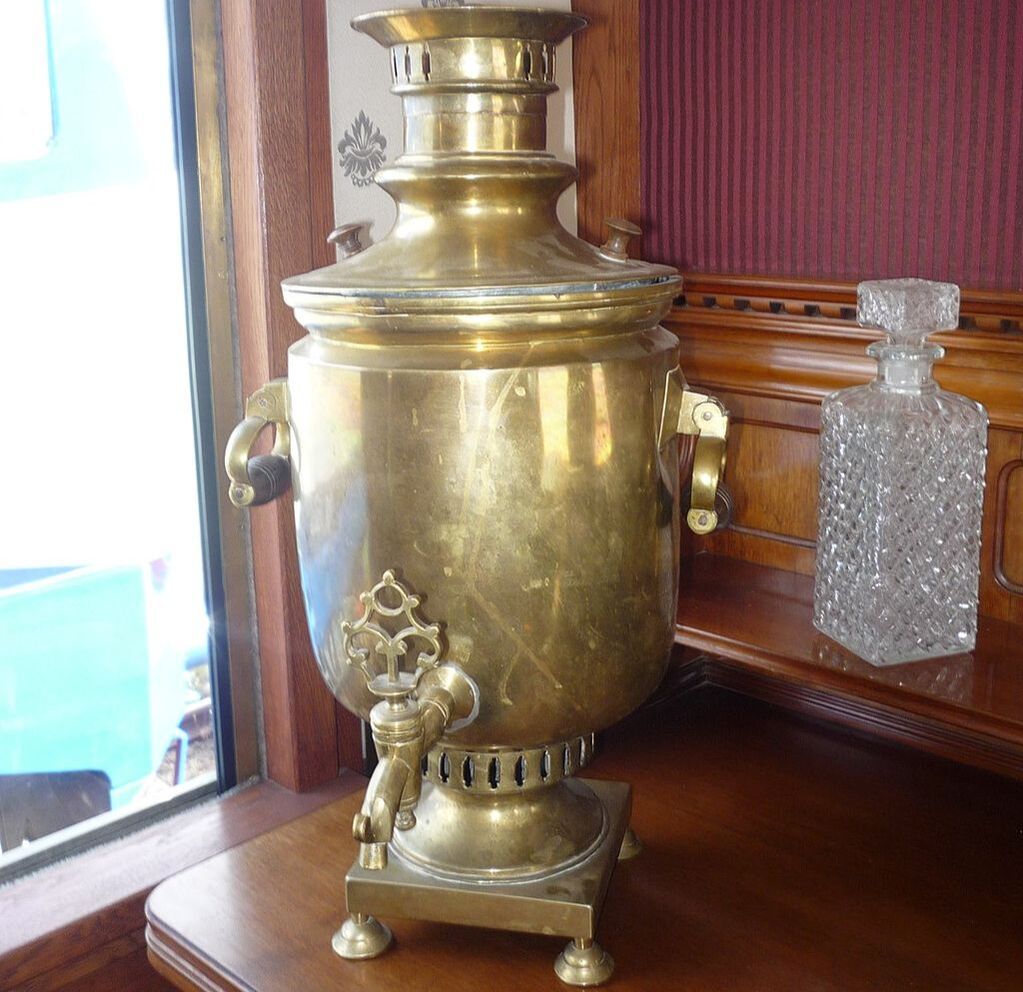Silver Wordsmith: An author's journey |
|
When I started writing my web serial The Bloodlet Sun in earnest is when I realized how difficult naming is in a sci-fi universe. It was one of the aspects of worldbuilding that initially held me back from sitting down and actually putting plot to paper and even when I bit the bullet the names still trickled out like molasses. And this doesn’t just apply to character names either. Every species and minor planetoid gets named only after an agonizing process that probably doesn’t need to be so agonizing, but that’s how I am. So I get that it’s difficult, and I get that certain shortcuts need to be made. Especially in something like Star Wars novels where characters hop from rock to rock at such a pace it’s sometimes hard to name that rock before they land on it. Recently I’ve been reading one such novel – Catalyst by James Luceno, which serves as a prequel to the Rogue One film and follows the rise of Orson Krennic and Galen Erso’s involvement in the Death Star project. I hadn’t grown up on Star Wars novels in general, so I don’t read them that often, but when I do, they’ve been a fairly enjoyable experience. As with any Star Wars writer, Luceno has the unenviable task of putting together a cohesive story that does not trample on any other established aspects of the Star Wars universe. To make the task easier, I found that most of the planets that serve merely as plot devices are created off-hand specifically for the novel itself, which means the author has quite a few planets they have to name without really needing to think of a long story or a full worldbuilding session. A good shortcut to do this is to find words that already sound natural in human language and provide slight modifications to them. Some examples from the more mainstream Star Wars universe come to mind – Luke’s home planet of Tatooine was named after its filming location of Tataouine in Tunisia. Mustafar, which is the lava planet that saw the true birth of Darth Vader, was likely inspired by “Mustafa” the anglicization of an epithet of Muhammad. In a less direct example from my favourite sci-fi series, Babylon 5, two species’ names bare a striking resembles to words existing in the English language. “Narn” is one letter away from “barn” and “Vorlon” is two letters away from “Gorgon”. Neither word is so similar to the original that it immediately invokes it, but both use structure already acceptable to the English-attuned ear. It makes sense to piggyback on existing words to create names for alien words without sounding like you’re trying too hard – something I think I still need to learn. But at the same time, one particular example in Catalyst I think went too far. Mind you, my bar when it comes to this kind of stuff is set fairly low. Only a couple of pages before the hard brakes on my immersion, the reader encounters a planet called “Kartoosh” – obviously inspires by the word “cartouche”, which is, honest to goodness, I’m still not sure what it is, but seems to commonly refer to a hieroglyphic depiction of a scroll. Oh, it was also a very mediocre 90s Eurodance group, which is how I first encountered the word. So for me, it wasn’t exactly an unknown entity, but the liberal change in spelling helped me move beyond that. That is, until I encountered the planet of “Samovar”. This. This is a samovar:  No it can't be, Nari, no it can't No it can't be, Nari, no it can't It’s basically a traditional Russian tea kettle. It’s like if your characters travelled to the planet “Microwave” or the city of “Colander”. Unlike with Kartoosh, there was no attempt to mask the origins: Luceno could have gone with “Samofar”, “Samobar” or “Zamovar” – all probably would have flown under my radar. Nope, it was just straight up “samovar”, take it or leave it. Unfortunately, my brain left it, and every time I read the planet’s name I giggled internally. Like I said at the beginning, I get it. It’s hard coming up with original alien names that don’t sound forced. But now every time I think back on this book I’m going to think of a massive ornamentally decorated kitchen appliance floating in space. So that’s a lesson learned for my own writing as well – there’s no problem with looking at someone else’s homework, but change a few answers to make sure the teacher doesn’t catch you cheating.
0 Comments
Leave a Reply. |
Michael SerebriakovMichael is a husband, father of three, lawyer, writer, and looking for that first big leap into publishing. All opinions are author's own. StoriesUrsa Major Categories
All
Archives
January 2024
|
Proudly powered by Weebly

 RSS Feed
RSS Feed